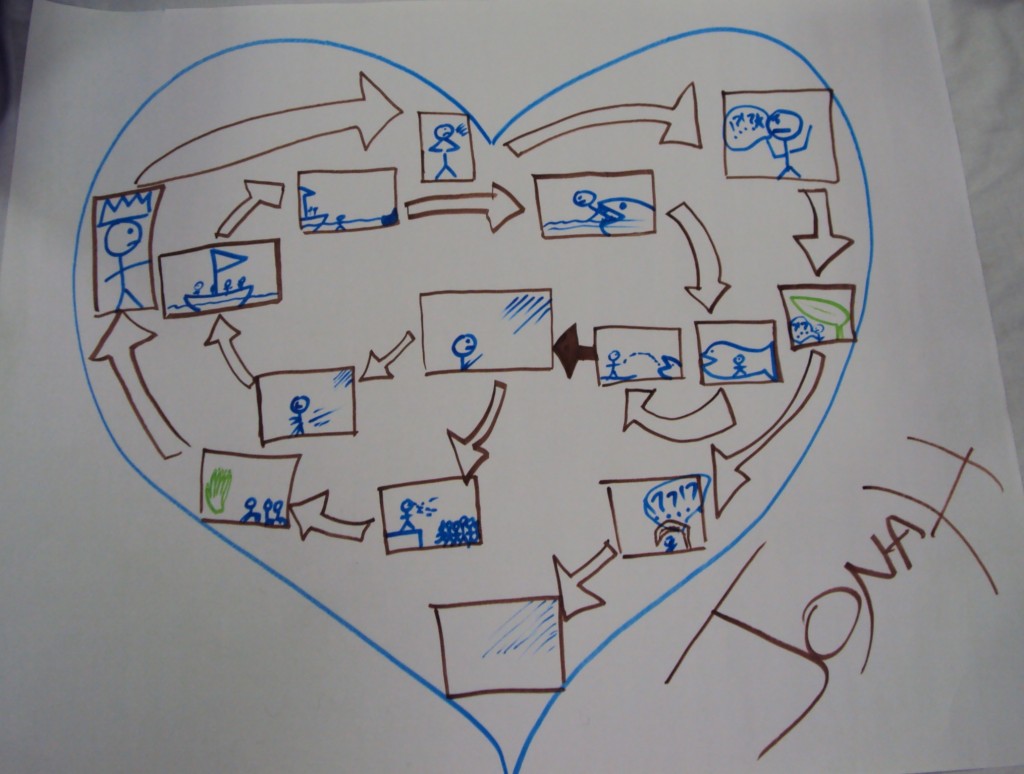In the passage below, I love how Jesus exemplified dialogue education by being a guide on the side, rather than a sage on the stage. His love for the woman at the well and his disciples was clearly exemplified by his persistence to have them discover and encounter truth, and drink from the well of living artesian water.
Jesus accomplished this through dialogue and I want to do the same.
Jesus empowered the woman and his disciples through dialogue by hearing their stories, and I want to do the same.
I need to resist my tendency to assume that I understand those I am leading, and I need to engage them in dialogue by first hearing their story. It is only when I hear their story that I can faithfully teach them and love them in the way that Jesus would want me to.
“A woman, a Samaritan, came to draw water. Jesus said, “Would you give me a drink of water?” (His disciples had gone to the village to buy food for lunch.) [Read more…] about An Artesian Spring Dialogue





